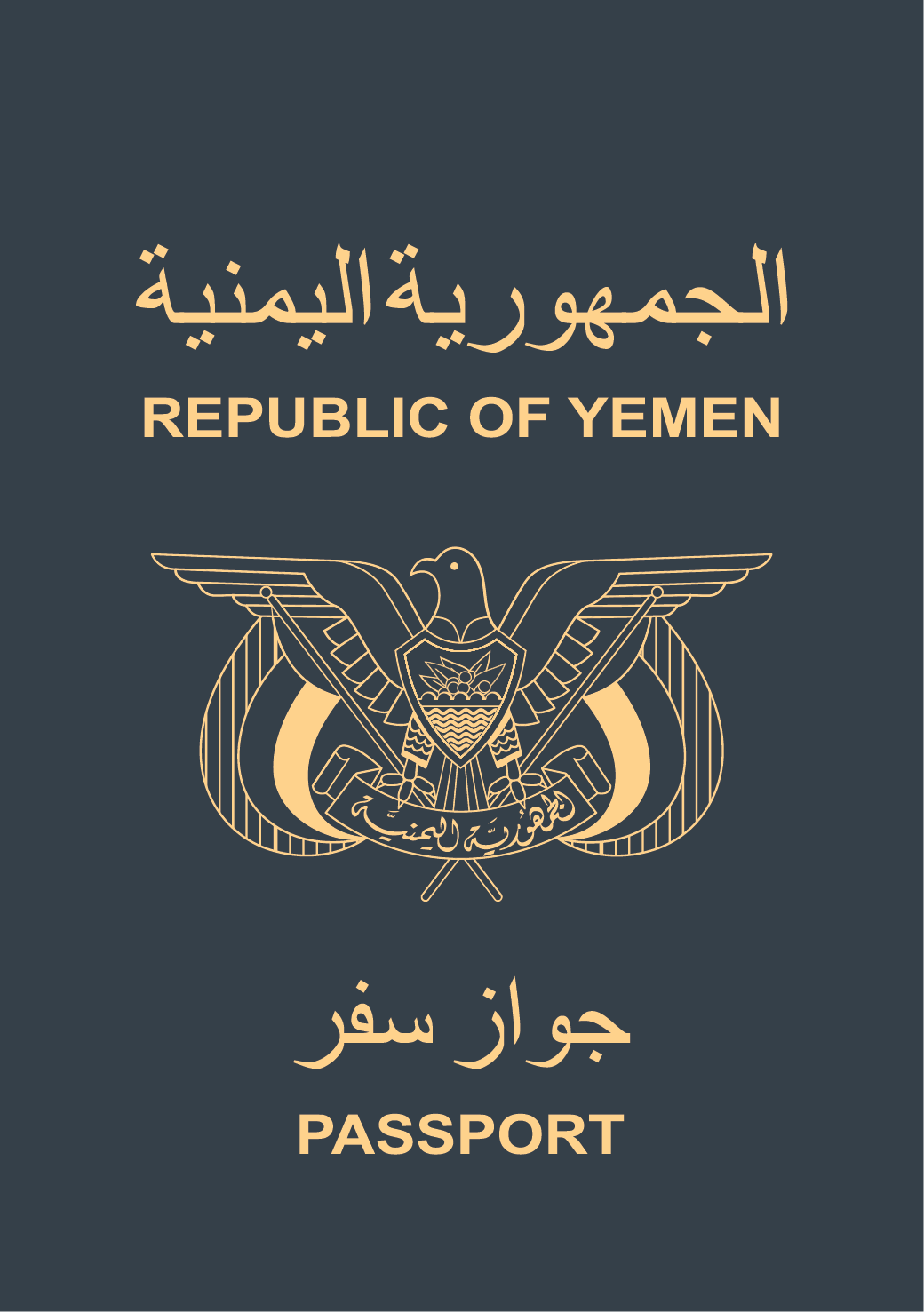Visa free access for Yemen
As a Yemen passport holder, you are permitted to travel visa-free to 32 countries and territories. This data is correct as of September 2024.
In order to travel visa-free, you will need a valid passport, often with at least six months until expiry. Additionally, you may need travel insurance, as required by your destination country.
Within these countries, there is often a separate section in airports where you can submit your Visa on Arrival. You will receive your visa on arrival (VOA) after entering the country that issued the visa.
Acquiring an eVisa follows the same process as applying for a traditional visa. The main difference with an eVisa is that you don’t need to visit a visa application centre. You can submit your application online, including making any payments relating to the visa.
Once the relevant authorities approve your application, you will receive a confirmation email regarding your visa status, along with a document that you must print and bring with you when crossing the border.
You will need a valid visa to enter the 32 countries with a Yemen passport.
About Yemen
Yemen, officially known as the Republic of Yemen, is located in the southwestern corner of the Arabian Peninsula. It is bordered by Saudi Arabia to the north, the Red Sea to the west, and Oman to the east. With a population of approximately 29 million people, Yemen is known for its rich history and diverse culture.
The climate in Yemen varies greatly due to its diverse geography. Coastal areas experience a hot and humid climate, while the highlands have a temperate, Mediterranean-like climate. The desert regions are extremely arid and hot.
Yemen’s culture is deeply rooted in Islamic traditions that shape its daily life. The country is well-known for its traditional music, dance, and art. Its historic centers, such as Shibam and Zabid, are UNESCO World Heritage sites, showcasing the country’s architectural and cultural heritage.
The Yemeni economy is largely dependent on oil exports, which make up the majority of the country’s revenue. However, ongoing conflict and instability have severely impacted the economy, leading to a humanitarian crisis. Despite these challenges, Yemen’s unique culture and history continue to captivate the world. The Yemen passport, a symbol of the nation’s identity, serves as a gateway to explore this intriguing country.

 Yemen
Yemen
































































































































































































































